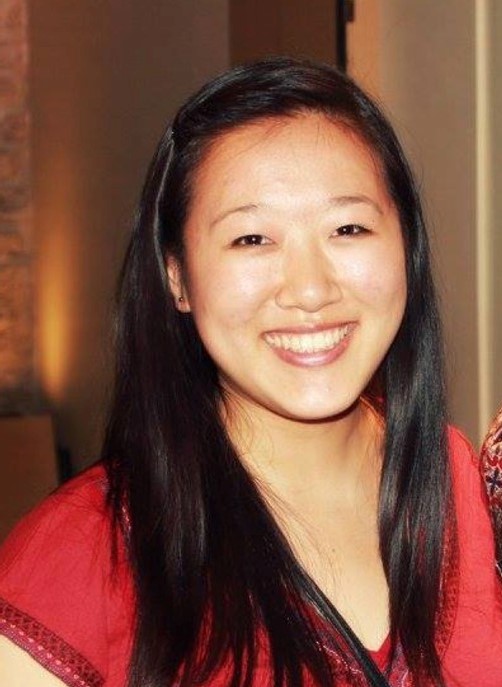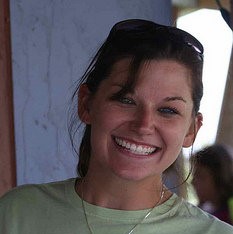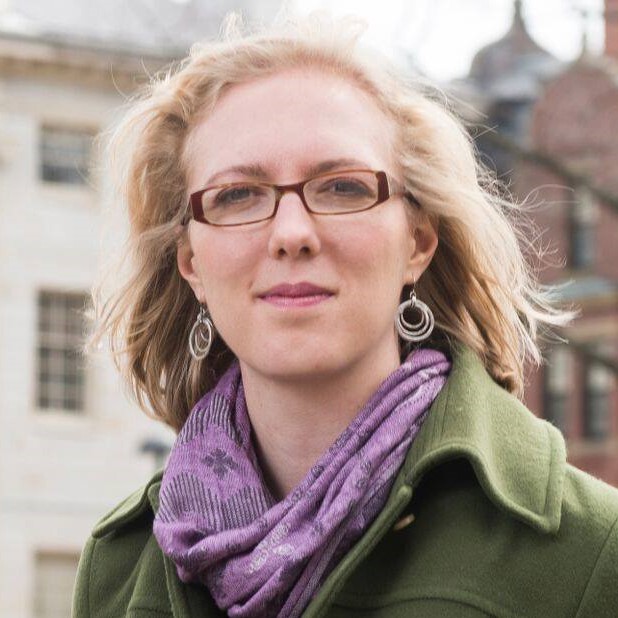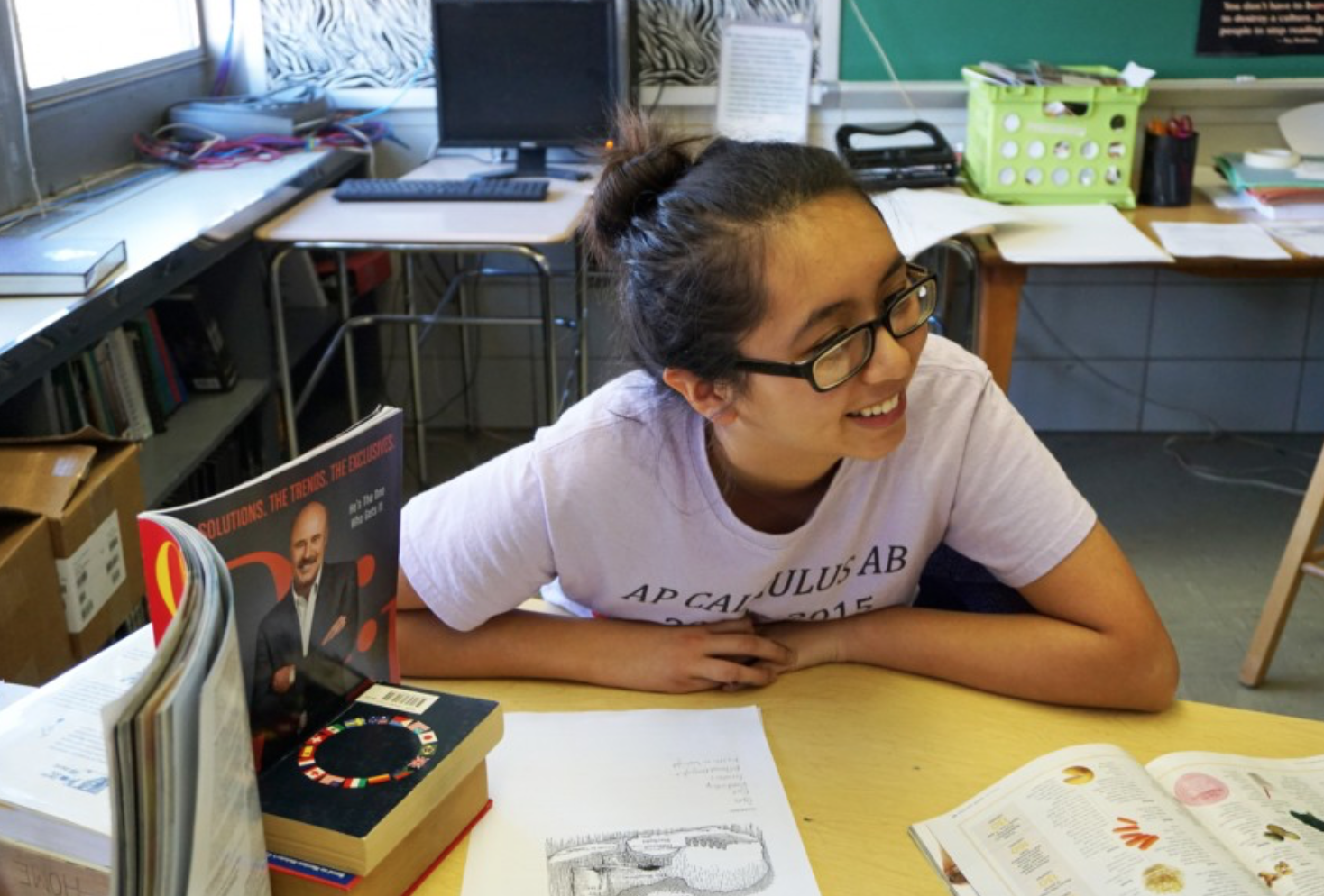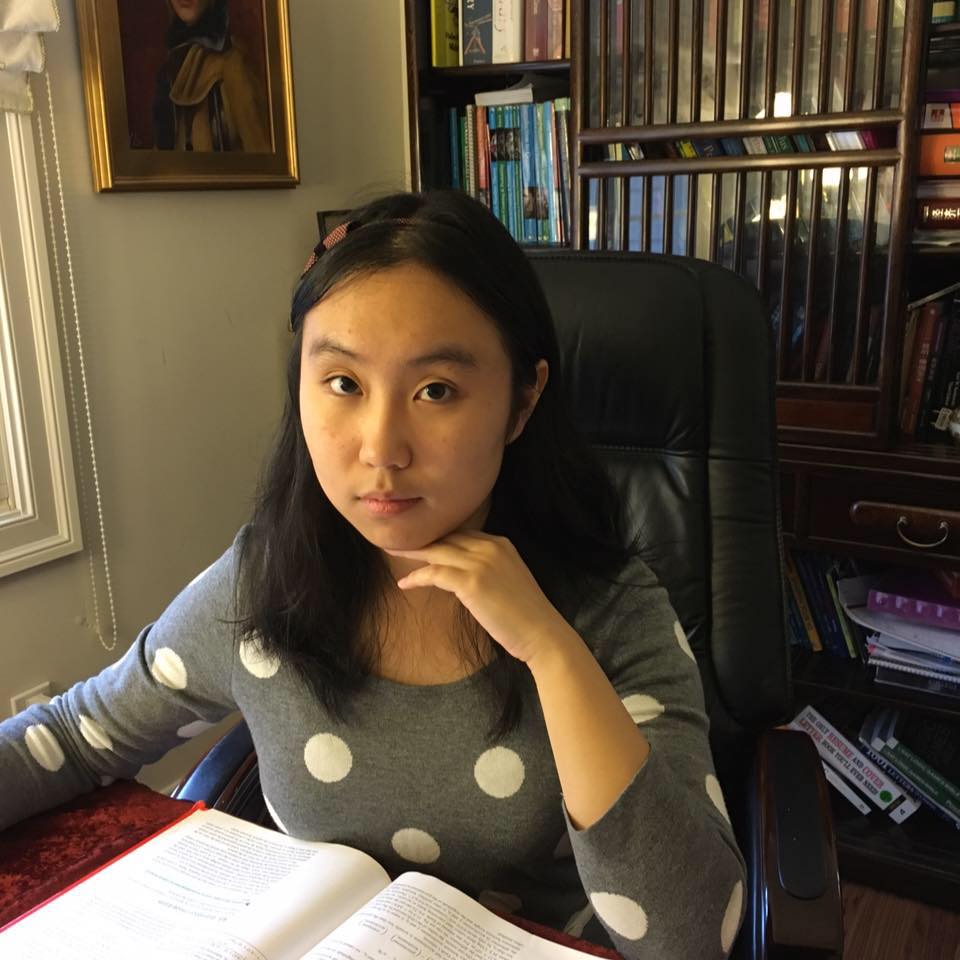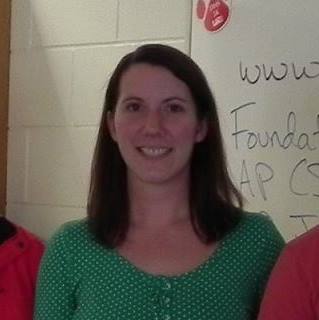Read About Grace
Grace Hu is a San Francisco Bay Area native. She is currently a senior at Wellesley College double majoring in Computer Science and Mathematics. In her last four years, she has presented Google Glass research at CHI 2015 in South Korea, TA'ed classes in her major departments, attended Square's Code Camp, and interned at Bank of America and space startup Planet. She currently serves as the Co-Chair of WHACK, her college's hackathon, and will join Google upon graduating.
Be voracious about your learning.
I remember loving calculus in high school. I had always appreciated math, but calculus made me do things like imagine the area under the curve of my tennis shot during team practices. Something felt a little more magical, more beautiful. When I maxed out of math classes in high school, I signed up for Multivariable Calculus and Intro to Java Programming at my local community college. Computer science was totally unfamiliar to me then, and my family friend encouraged me to try it out. I remember writing my first Java Hello World program at a local coffee shop.
Blew. My. Mind.
Soon, I started researching cool women in the computer science field. I consumed profiles of inspiring giants like Grace Hopper like dark chocolate. Role models come a long way.
My first year at Wellesley College, I took every opportunity that came to me. I went to talks, office hours, worked as a TA for the Intro to Programming course, and conducted Human Computer Interaction research my first summer.
Looking back, everything was new, unfamiliar, and exciting. Staying curious about what I don’t know has often led me discover the most magic. Seek out the unfamiliar, ask questions, and apply for that research position you might think you aren’t qualified for. Interest and eagerness to learn matter more.
Above all, support matters.
I found professors in both the math and computer science departments who wanted to help me succeed, pointed me to resources, and encouraged me to apply for opportunities in the departments. Getting actively involved with these communities has not only helped me find supportive environments but also given me chances to give back to the very people who have helped me shape my path in these fields.
Which leads me back to giving back.
Getting into computer science, math, or any other STEM subject isn’t a breeze. The initial ramp-up curve is steep. Personal mentors, professors, classmates, Square Code Camp alums, and people I’ve met through internships, role models I have never met—there are so many people who inspire and challenge me to keep learning and building. They’re the reason why I pay it forward.
Co-chairing WHACK, Wellesley’s biannual hackathon, has been my way of giving back. Organizing has also reminded me of my first hackathon experience.
Throughout most of college, hackathons had an intimidation factor—the intensity, sleepless nights, imbalanced gender ratio, caffeine shots—and seemed like a breeding ground for my imposter syndrome. I sensed this at my first hackathon, a virtual reality hackathon that I didn’t realize I would end up participating in. The opportunity to wear VR headsets enticed me, so I went, but I couldn’t escape a few thoughts: Was everyone already a pro? When would others find out I was clueless?
I met other VR beginners that weekend, and together, we formed the only all-female team that weekend. By Sunday afternoon, my teammates and I implemented our vision to fly over Mars with a companion.
My entire first day of hacking was a hot mess, and I had to learn to be okay with it. Code was falling apart, tutorials weren’t making sense, packages were missing, and so on. But I learned to embrace it. Sucking at something was going to be my first step to getting better at it. Now, attending hackathons has become my way of socializing myself to be brave, to toss perfectionism out the window, and to dive head first into exciting projects. It’s a mindset that I hope to impart on other women, through hackathons like WHACK, and beyond. My team’s project, though small and not very robust, made me realize that I, as a beginner, could create something in 24 hours with a team of other VR novices. I knew I wanted to replicate that realization for others.
***
At WHACK, my Co-Chair and I like to open up the event by asking who is a first-time hacker. A third of the hands went up this past weekend. In the year before, the 1st place winning team was also a rookie team. When I scan the venue, more than half the participants are women, a scene that warms my heart.
WHACK emphasizes learning and mentorship above everything else (prizes and caffeine included). There are so many students who look for learning experiences and mentors who want to share their expertise. WHACK gave me a chance to bring these groups together. Last weekend, our student to mentor ratio was 3:1, helping us set a Major League Hacking record.
Here’s what I’ve learned: Creating an encouraging hackathon environment is less about a one-time experience and more about forming a community that’s based on helping one another.
If you’re a novice, seek out these communities and networks that are committed to helping you. Attend hackathons or events that encourage you to try new things and learn from mistakes. Ask questions, seek advice from those around you, and build relationships with these people. Thank them, and ultimately, continue contributing to these communities. They are vibrant and supportive because of the person you are now and the person you will be.

